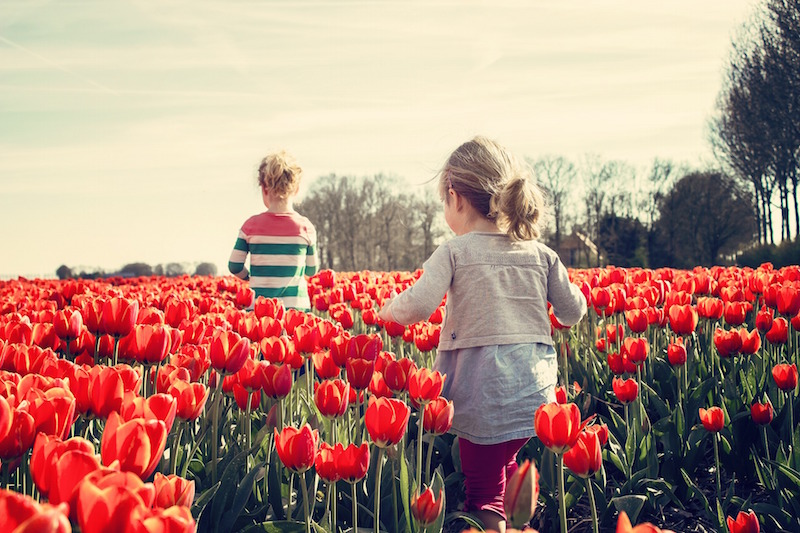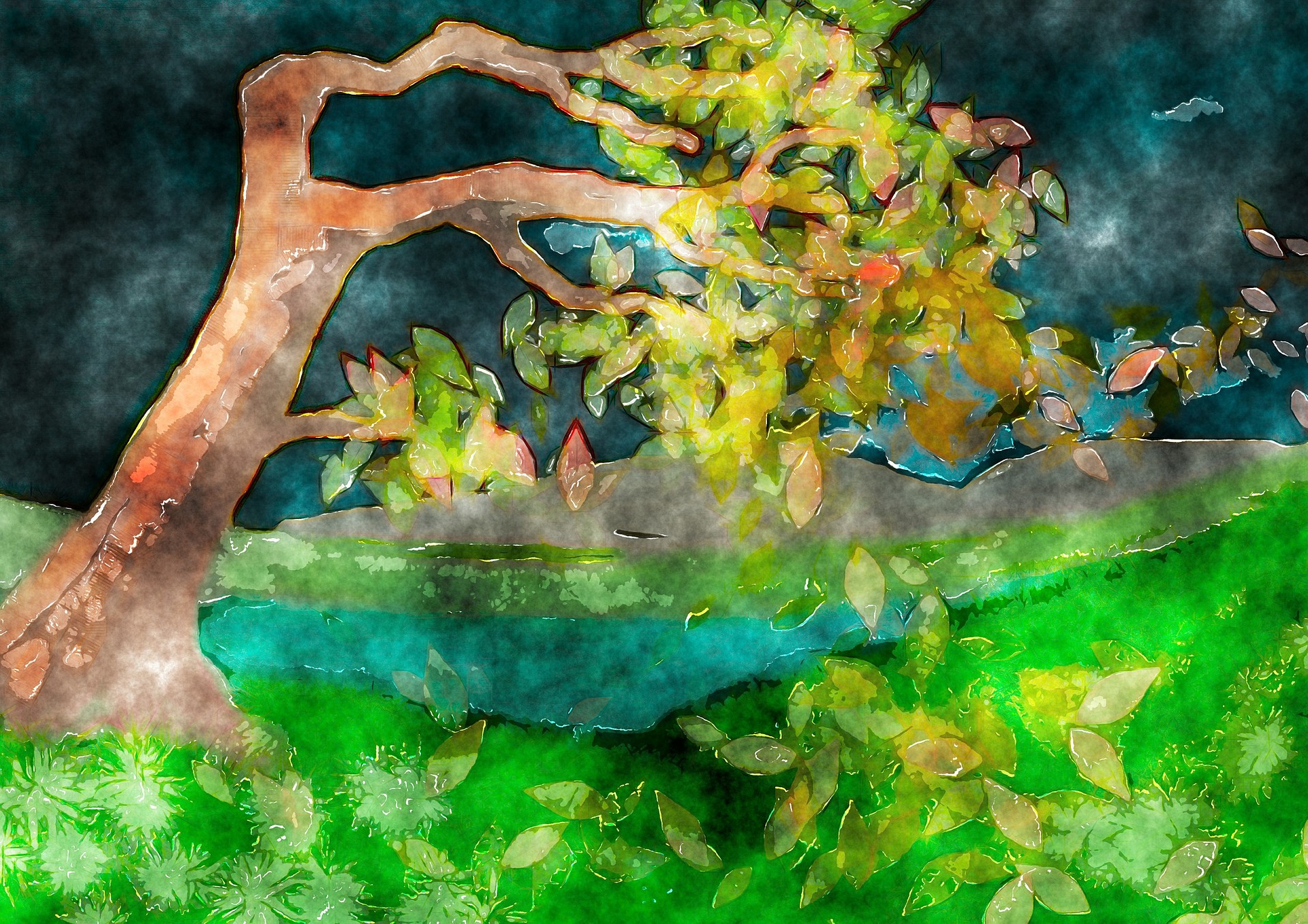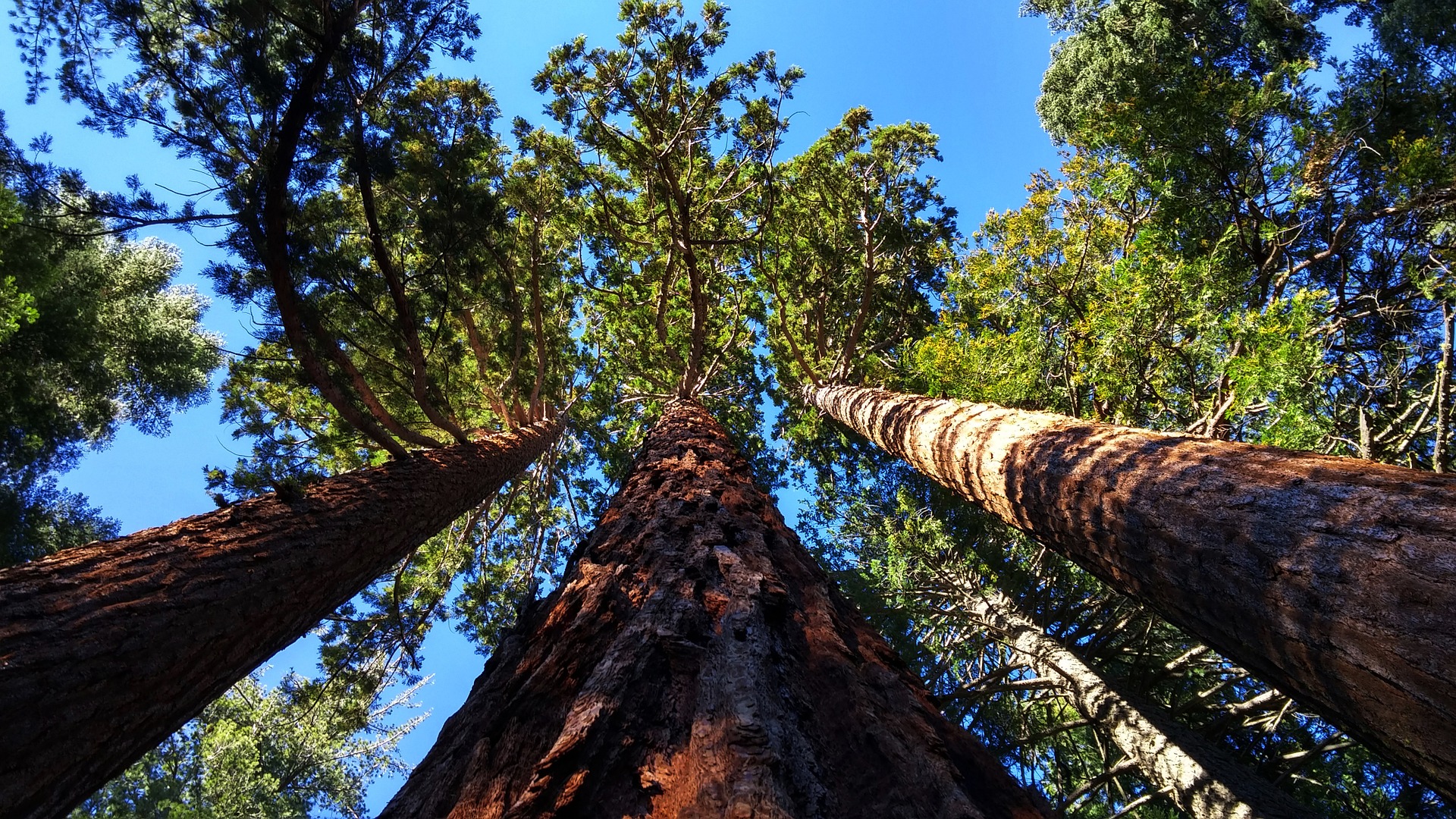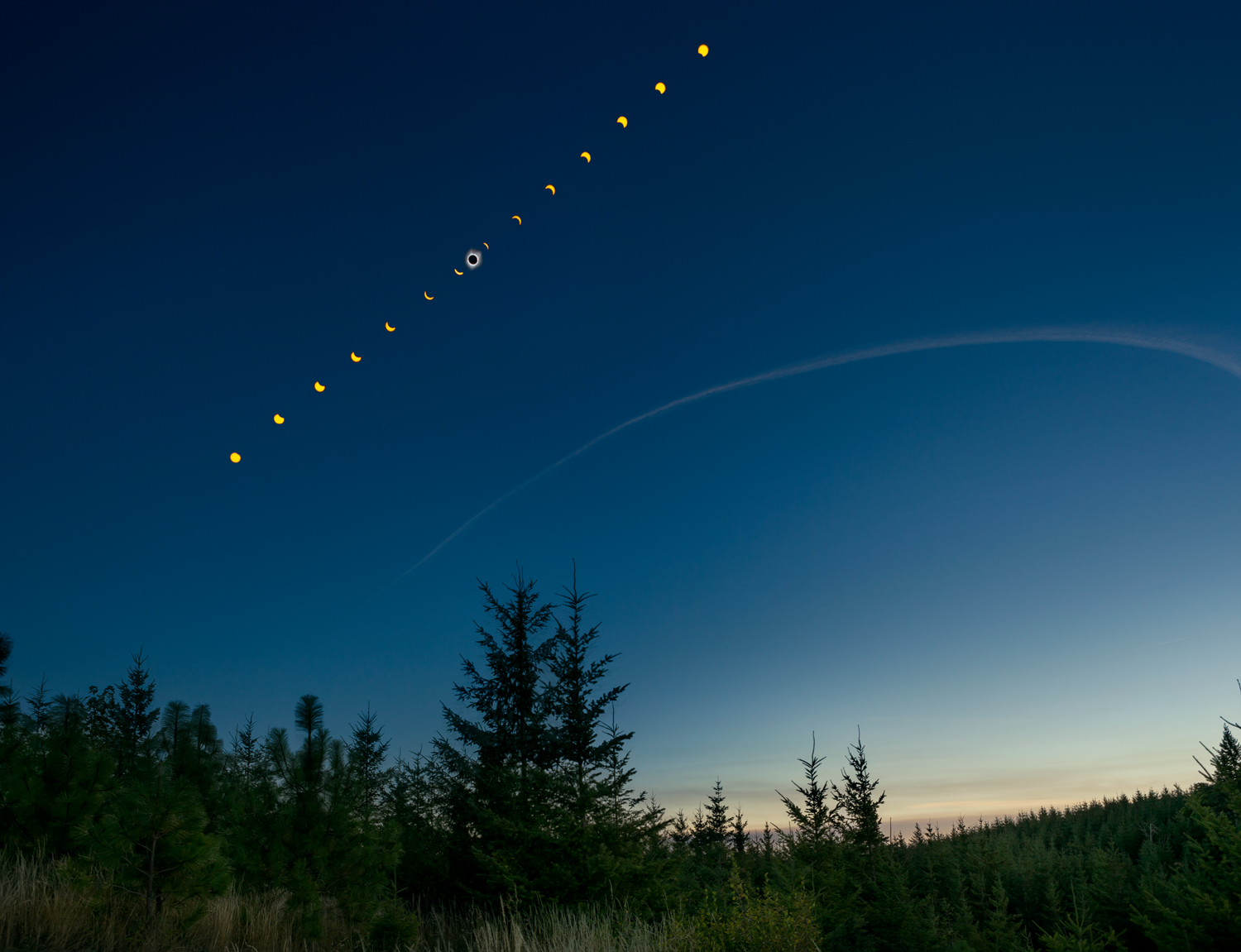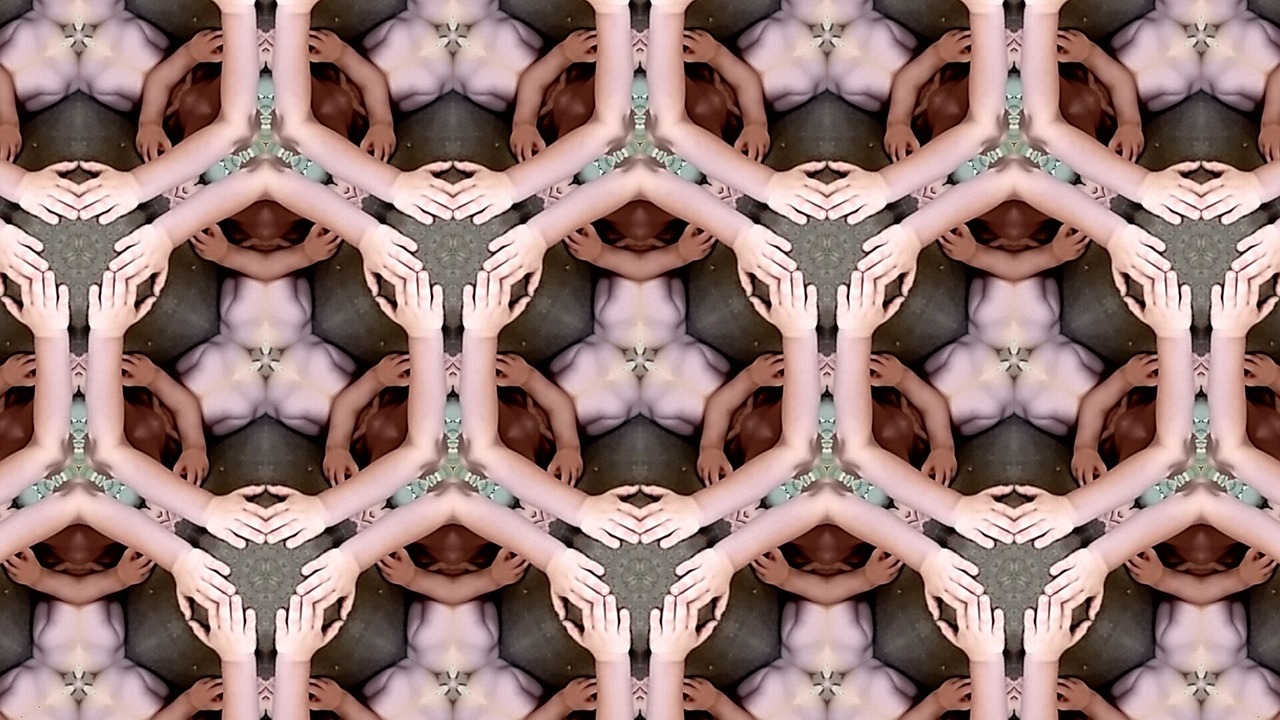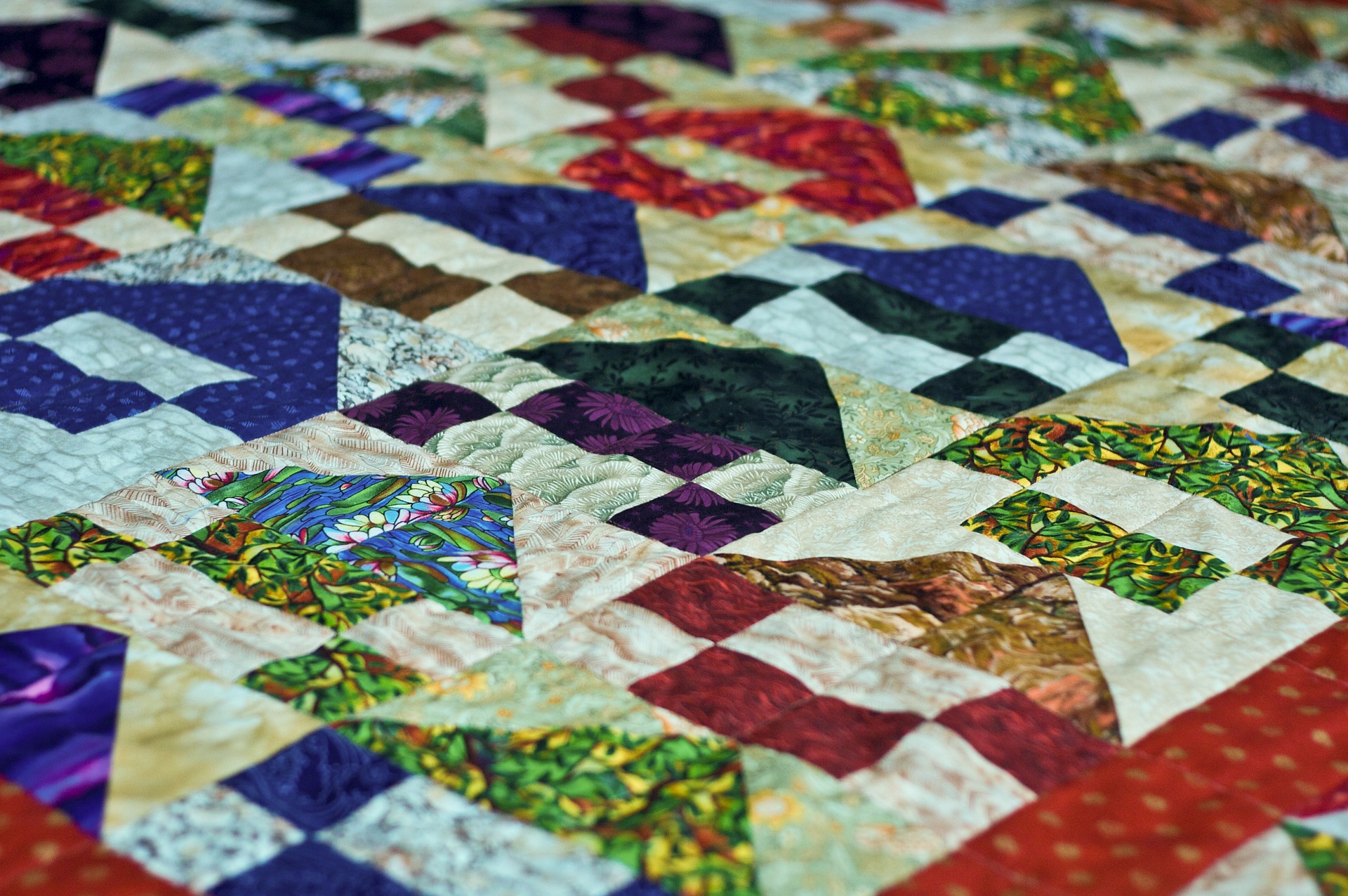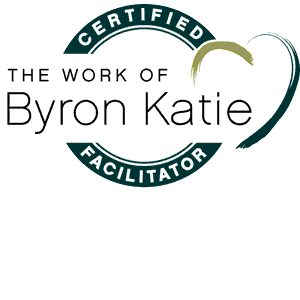My mother has one-and-a-half feet in another world now. I’m meeting her on the other half-foot, when she’s here, and joining her in the dreaming world when I can. In between times I’m moving through the layers of her life, thing by thing. I see a photo of my grandmother in a familiar dress, holding me as a baby. Did I remember that far back? Just as I’m about to take credit for an astounding memory, I realize I’ve seen it recently. In a quilt made by that very same grandmother in the 1950’s, now residing in my closet awaiting guests.
This is how it’s been. These last few months I’ve traveled sixty years back and forth in random order, time shifting. Time sifting, as I pick up each piece of her past. And what has emerged is a pattern far more subtle than the one that I’ve been holding together in my mind all these years.
I can practically name the day, or at least the evening in 1970 when the “click” went off in my head and I began to see the oppression behind the traditional role of women. I giggled almost hysterically when I realized I had become a “Women’s Libber,” a somewhat derogatory label assigned to early feminists by the culture at large. Ever since that epiphany, I’ve held a specific belief about women raised in the rural Midwest in the early half of the last century.
I’ve run their stories through my filter about their oppression, including the ways they wasted their time on unappreciated “womanly” domestic arts. After all, my credentials as a judge of them are impeccable. My mother was the president of FHA, Future Homemakers of America. “All I ever wanted,” she told me many times, “was to be a wife and mother.” For years it has been abundantly clear to me that the size of this role was way too tight, and way too under-appreciated for my own future liberated self.
The proof of her conditioning by the culture early on was all around me as I stood knee-deep in her apartment. Starting with the bib with her detailed embroidery for the birth of her only sibling, a brother. She had been nine years old. Then an “autograph book” she assembled when she was twelve, filled with other girls’ cards and jingles about getting a husband. Then there are the yearbook and scrapbooks from high school singing the praises of her beauty and kindness (with tips for keeping that man). All of these keepsakes were especially repugnant when I was a young feminist, tainted as they were by male privilege and patriarchy.
After all, everything led to the pinnacle: her carefully planned wedding at 18, and a not-so-planned baby (me) when she wasn’t yet 19. But I had much more proof of her oppression, based on my life as a little girl and helpmate. There was her ordinary grueling life, in the rural Missouri 1950’s. The life where she raised us and canned tomatoes all day in 120 (F) degree heat. The life where she washed the laundry (on Mondays, as the tea embroidered tea towel said), in a wringer washer and then hung it in the cold attic to dry while three of us under five years old vied for attention.
Then there were her duties as the wife of the school principal, not even 25 years old yet. A few years later, there’s the announcement in the tiny town newspaper about her return to college, with a quick reassurance that she would only be taking classes when her kids were in school. That degree never got finished because making another baby was just too hard to resist. This has always been the punch-line in my story of her demise.
But, as I’ve looked again these past weeks, there’s something else. I see the ways she (and many of the women of her generation) stitched together the social fabric through a myriad of little gifts of time and attention. My mother, and many others before her, planned and pulled off weekly Sunday fried chicken dinners on the farm for a large extended family. This in itself looked easier from a child’s view than it turned out to be in my reality as a young mother, when even a potluck was over my head.
And then there were the less routine but deeply significant duties. She delivered pies and casseroles when tragedy struck, which it did often.
A friend’s son, a teen who fell from the water tower, trying to mark it for the class of ‘54.
A father who fell from his tractor right in the way of the combine.
A carload of liquored up kids, six dead, from a head-on crash.
My dad, their coach, left to tell the parents.
What may have come from basic social duty transformed her life into something larger. She, and many women like her, held the network of community together as they actively comforted, appreciated, and showed up for all of life, day to day, in big and little ways. They stitched together lives of meaning, piece by piece, like the patchwork quilts they left behind.
Last week I uncovered bundles and bundles of letters she wrote to lifelong friends in longhand, just because. The thoughtful gift, the thank you notes and cards. Many were left behind, written in her shaky hand, still waiting to be sent, as well as boxes (and boxes) that will never see that signature. I couldn’t even give them away to family members because, apparently, sending cards or letters through snail mail is a dying art.
But something of that history remains in my world. Although most of my correspondence is digital, I still keep a ragtag file of cards for such occasions. Sometimes I even write them, stamp them, address them. And I relish each one I receive nowadays, from friends and neighbors, placing it on my altar and lighting a candle to complete the circle.
There is such subtle tenderness and grace in a life of weaving and re-weaving the connections that bind us together. Now, more than ever, in an anxious and uncertain world, I’m embracing this part of my heritage. It supports me in remembering what’s important.
Life. To the fabric we weave from its beginning to its end. To the cards and letters and gifts of ourselves that spread and hold the love. To the holiness of this calling.

